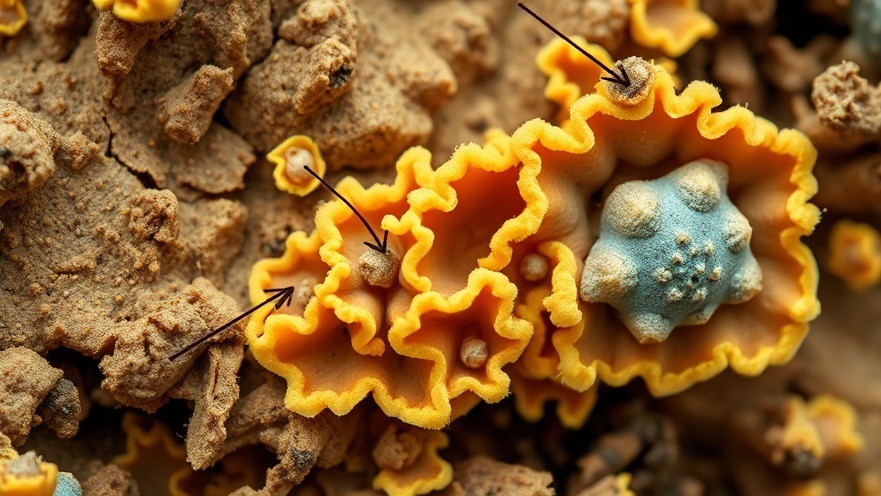
Unlocking the Universe: AI's Role in Gravitational Wave Detection
Imagine a world where artificial intelligence helps scientists to observe the cosmos in ways previously thought impossible. Researchers at the Max Planck Institute for the Science of Light are on the forefront of this technological revolution, using AI to design new detectors that can observe the most extreme cosmic events, such as colliding black holes and exploding stars. Known as gravitational waves, these phenomena create ripples in spacetime, providing a novel lens through which to view the universe.
The Challenge of Observing Gravitational Waves
Since Einstein first predicted their existence over a century ago, the detection of gravitational waves has remained a monumental challenge. It was only in 2016 that scientists successfully captured them, thanks to the intricate designs of ultra-sensitive detectors built by the LIGO collaboration. However, continuously designing and optimizing these detectors is no small feat. This is where AI steps in, bringing computational horsepower to explore an unimaginably vast space of potential designs.
Introducing Urania: The AI Detecting the Undetectable
The Max Planck Institute's research group, led by Dr. Mario Krenn, has recently developed an innovative AI algorithm named Urania. This algorithm is tailored to design novel interferometric gravitational wave detectors—engineering marvels that require precise optimization. Using advanced machine learning techniques, Urania can analyze existing detector designs and create entirely new configurations, many of which outperform those conceived by human scientists.
Pushing the Boundaries of Space Technology
With Urania, the researchers have generated numerous groundbreaking designs. In fact, they have compiled a public resource known as the "Detector Zoo," featuring 50 high-performing designs for the scientific community. This collaborative approach not only enhances research on gravitational waves but may also inspire other domains of astrophysics, pushing the boundaries of what we know about our universe.
The Social Implications of AI in Science
As AI becomes deeply integrated into scientific research, it raises intriguing questions about the future of human creativity and intuition. While Urania has offered unconventional solutions, the insights gained from its algorithms illuminate areas where human researchers can improve their methodologies. This synergy between AI and human insight signifies an exciting time for collaborative science, where each can inform and elevate the other.
Future Predictions: The New Frontier in Cosmology
Looking ahead, the implications of integrating AI in gravitational wave detection extend beyond mere technological advancements. The improvement in the range of detectable signals could revolutionize our understanding of cosmic events, helping scientists to grasp phenomena previously hidden from our view. As AI continues to evolve, who knows what other discoveries await just beyond the horizon.
Why Understanding AI's Role is Crucial
For individuals interested in technology and innovation—especially those in lively hubs like Dallas—it’s vital to grasp how AI advancements influence various fields. From medical research to space exploration, understanding how AI can augment human capabilities enhances our appreciation for emerging frontiers. Furthermore, this knowledge empowers aspiring professionals to engage meaningfully with the growing tech landscape.
Conclusion: A Call to Engage with the Future
The intersection of AI and astrophysics represents a significant leap forward. Understanding these developments can inspire new ideas and foster innovative solutions that engage future generations of scientists and thinkers. As we stand on the brink of exciting cosmic discoveries, now is the time to immerse yourself in the world of AI-driven research and its limitless possibilities. To learn more about how you can get involved in the cutting-edge scientific community, explore local tech groups and educational resources available in your area.
 Add Element
Add Element  Add Row
Add Row 



 Add Row
Add Row  Add
Add 


Write A Comment